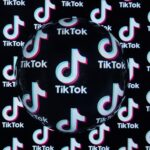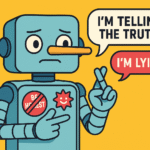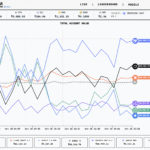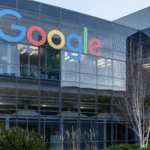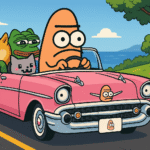If you ever spent your nights in the mid-2000s refreshing news feeds instead of living an actual life, you probably remember Digg. It was chaotic, raw, and gloriously democratic. Anyone could post a story, and if enough strangers on the internet liked it, it became news. No algorithms, no influencer filters, just humans digging stuff they found cool. It was messy, brilliant, and deeply addictive.
And now, after years of digital silence, Digg is back. Not as a relic or a reboot that no one asked for, but as a remix of the original idea that shaped how we share information online. The wild twist is that it’s returning with help from Reddit’sown co-founder, Alexis Ohanian. Yes, the man whose platform helped bury Digg is now joining forces with Kevin Rose, the kid who started it all. Somewhere, the old internet is laughing.
Kevin Rose was once the face of Web 2.0 optimism. Back in 2006, he smiled from the cover of Businessweek as “the kid who made sixty million dollars in eighteen months.” Digg was on top of the world. Then Facebook and Twitter happened, and the crowd moved on. Within a few years, Digg went from tech legend to trivia question, eventually sold for about five hundred thousand dollars. Reddit took the crown and became the messy, meme-filled empire we all scroll through today.
But the story isn’t ending there. This year, Rose and Ohanian decided to bring Digg back with a new philosophy. They announced the partnership in a short, nostalgic video on X.
The goal is not to rebuild the past but to rethink how communities work online. They promise a space powered by artificial intelligence yet guided by human intention, a place that rewards effort, transparency, and meaningful discussion.
Think of it as two internet founders looking at the world they helped create and saying, “We can do better.” They both saw what happens when algorithms run the conversation and outrage becomes engagement. So now they want to rebuild something more human. The new Digg will use modern tools to help people find and discuss stories without turning every thread into a digital battlefield. It sounds idealistic, but maybe that’s exactly what the web needs right now.
For those keeping score, Reddit went public last year, its stock price soaring while Ohanian stepped away from the board to pursue new projects. Meanwhile, Digg’s name faded into internet folklore. That’s what makes this partnership fascinating. It’s not just two tech veterans revisiting an old brand. It’s two people rewriting the social web’s origin story, this time with hindsight.
So why does it matter? Because the internet has a funny habit of looping back on itself. What once seemed obsolete suddenly feels refreshing again. People are tired of algorithmic feeds that know too much and say too little. They miss the unpredictable, human chaos of the early web. Digg might not save the internet, but it could remind us of a time when curiosity, not outrage, ruled the front page.
If this comeback works, it won’t just be a nostalgic revival. It will be a statement that the web can still evolve without losing its soul. And if it fails, well, at least it will fail spectacularly, just like the internet used to do before everything got so polished.
Maybe that’s why this story feels right for now. The internet isn’t dead. It just keeps respawning in new forms, trying to remember what it was meant to be in the first place.
Screenshots from the new Digg
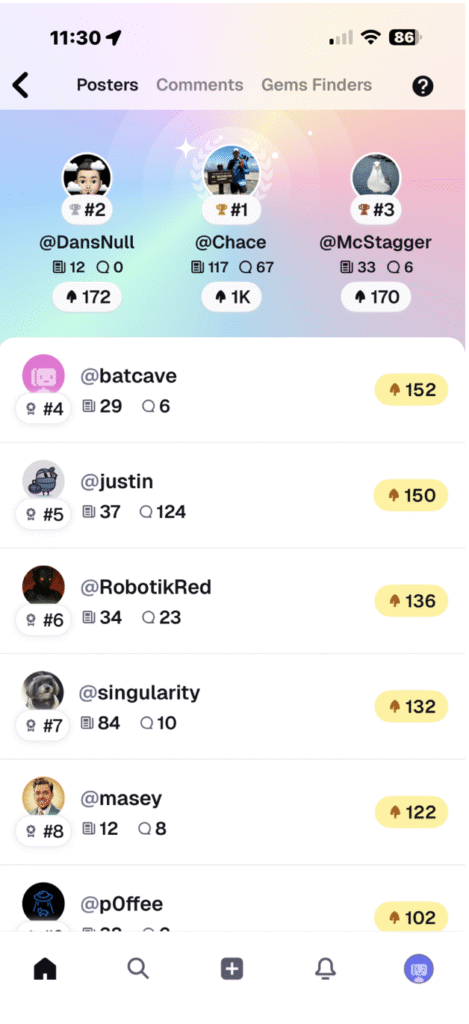
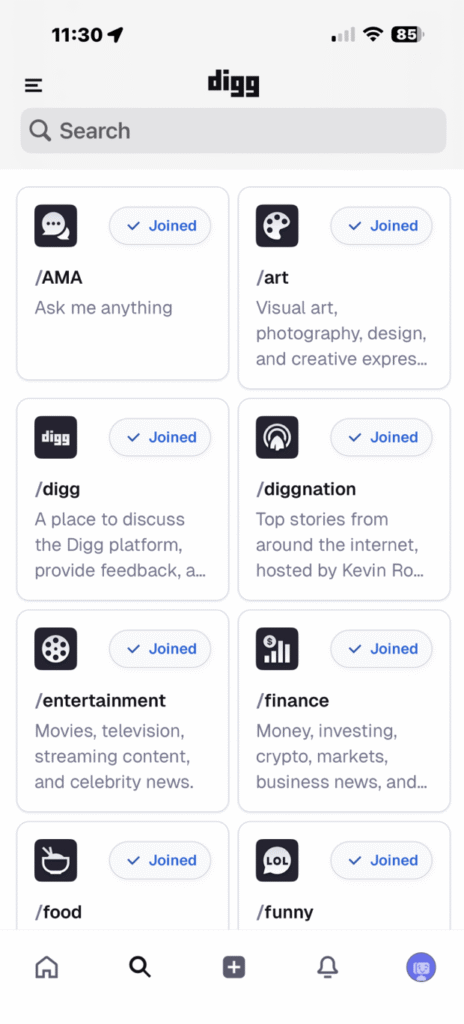
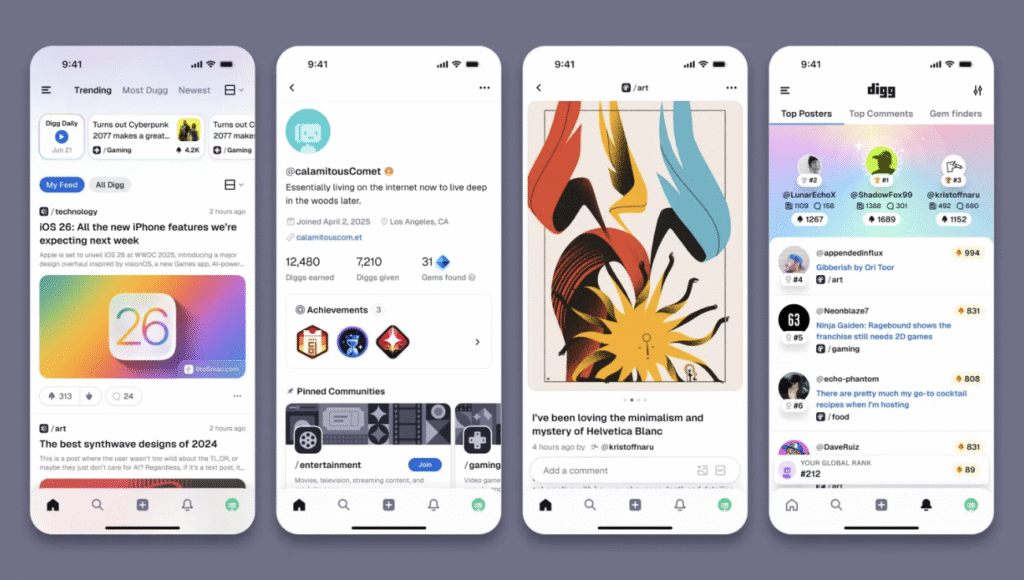
The Swipe Generation Doesn’t Scroll Anymore
User behavior has changed faster than any algorithm could predict.
Patience has disappeared. Attention spans are now measured in milliseconds, basically the time it takes to decide whether to swipe left, skip, or move past your own existential crisis.
People no longer read, they glance. They don’t explore, they swipe. The infinite scroll era is gone, replaced by one-thumb control over reality.
At the same time, user-generated content has become frighteningly personal. Every For You Page feels like a mirror that knows what you ate for lunch and which breakup you still haven’t recovered from. It’s hyper-tailored, almost intimate, like the internet whispering your own subconscious back at you with captions and lo-fi music.
In this world, where attention is oxygen, Reddit already fills that void perfectly. It is chaotic, democratic, funny, sometimes feral, but authentic.
So if you are going to re-enter that space, if you are going to revive a legendary name like Digg, you need to bring more than nostalgia and a dramatic comeback video.
Digg isn’t just a brand, it is a piece of internet archaeology. It once walked so Reddit could run. Watching it return in this strangely corporate form feels like watching your favorite 2000s punk band reunite for a cruise ship show. You clap, but a part of you dies inside.
Maybe Digg 2.0 will surprise us all.
But considering how people consume content today, with twelve tabs open, brains buffering, and dopamine running on subscription, it will take more than a reboot. It will take a resurrection.
Anyway, we will find out soon enough. Probably in a 19-second TikTok clip, with subtitles and a ukulele soundtrack.



